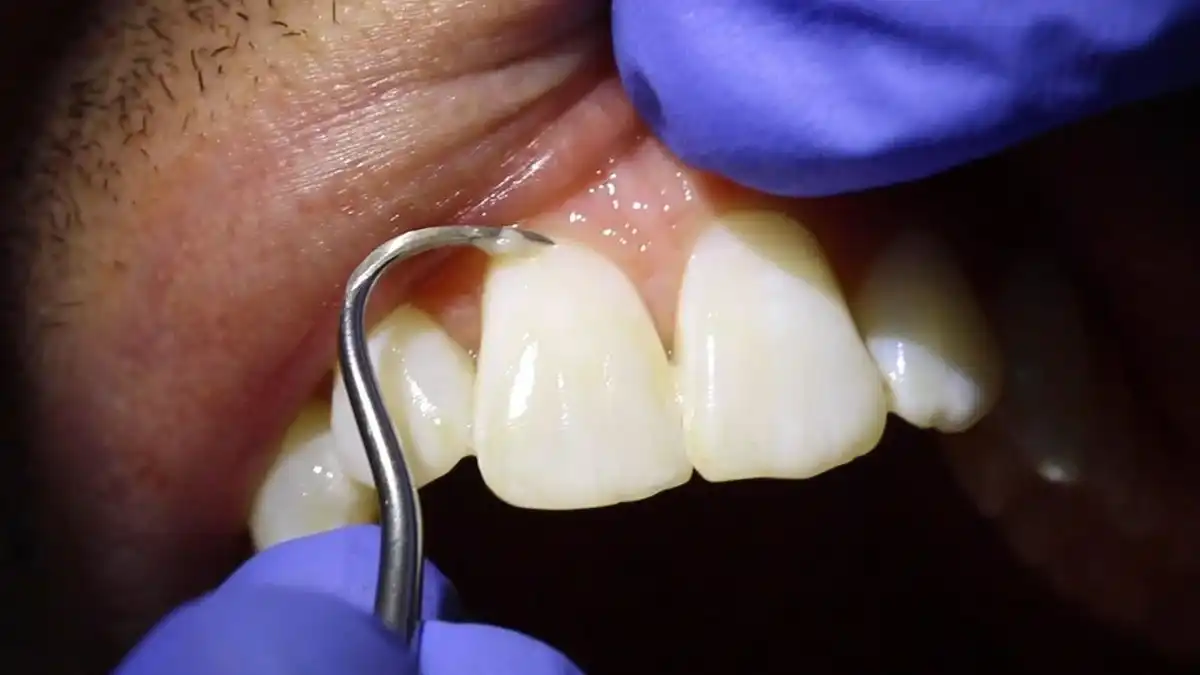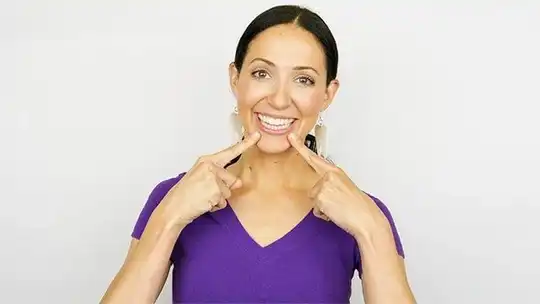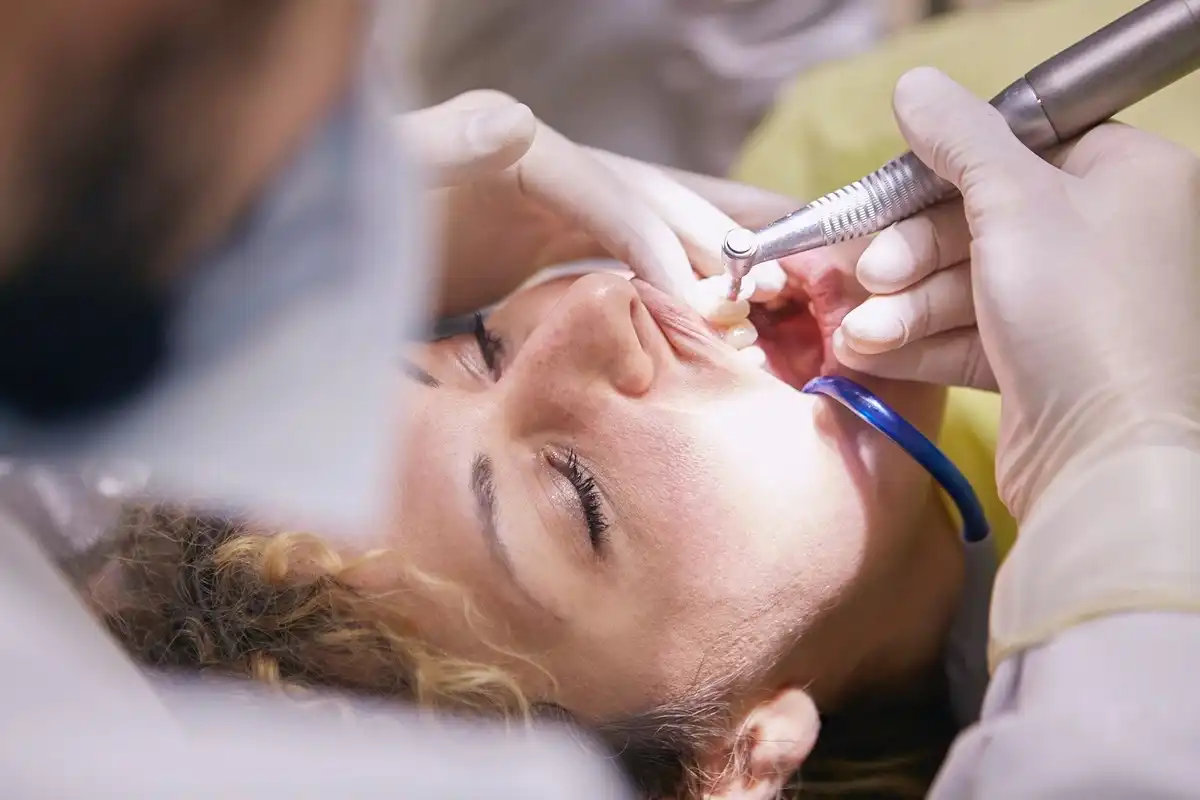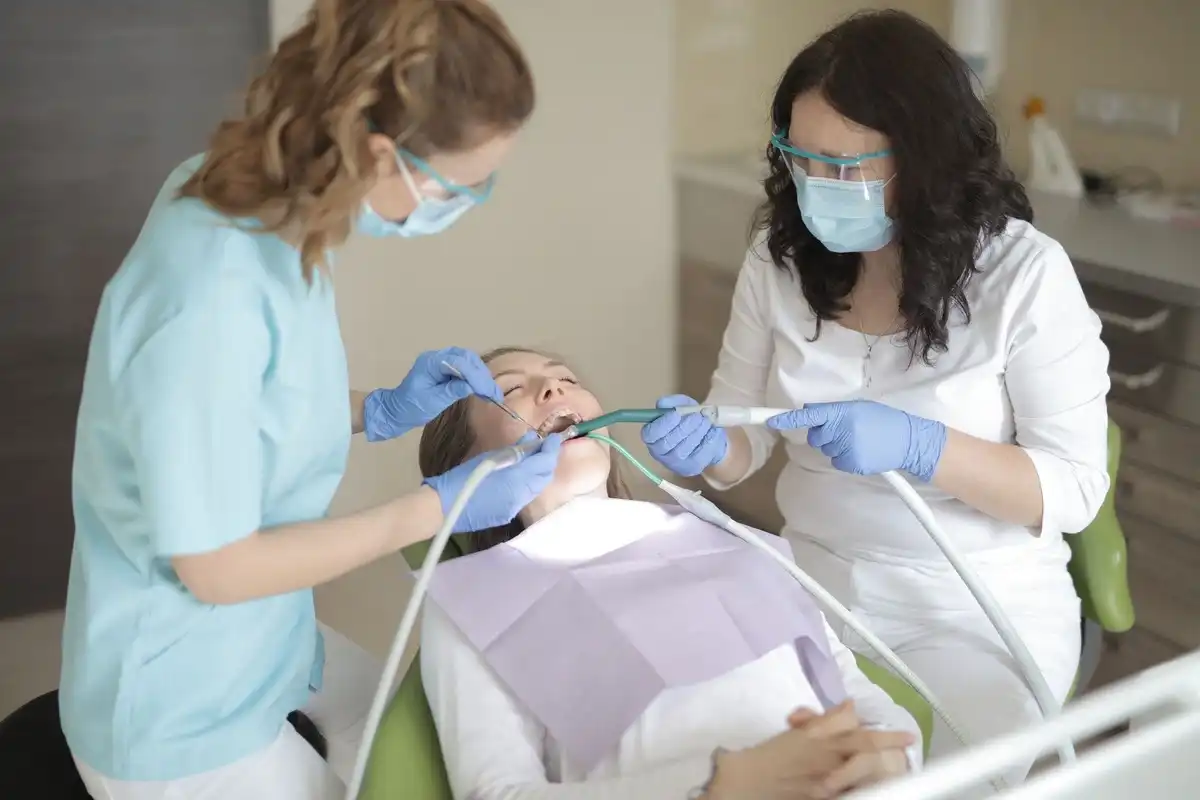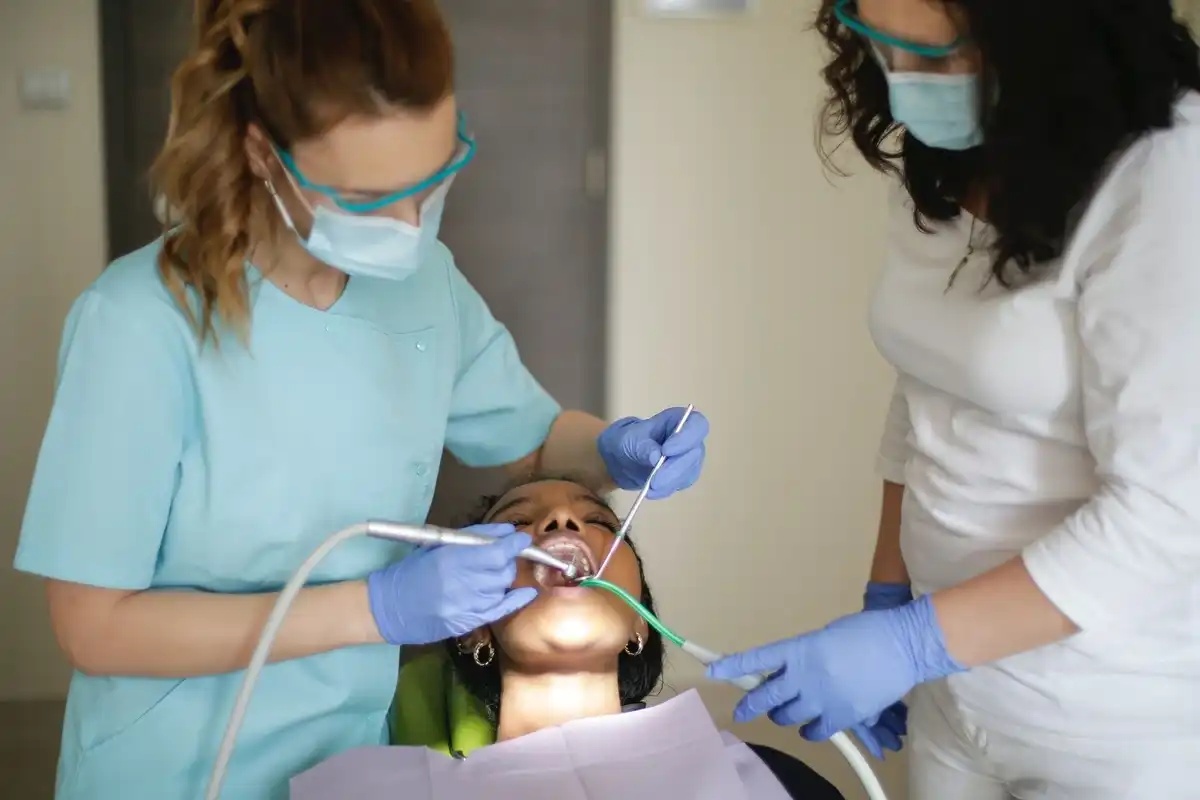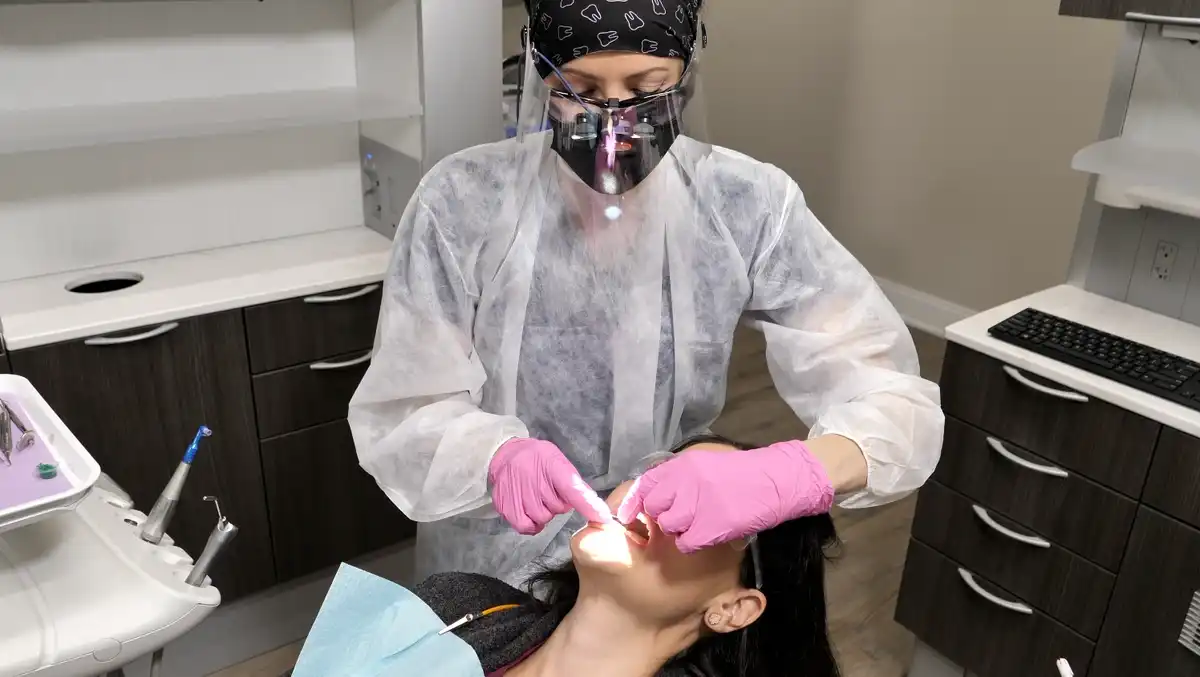Teamwork in Dentistry: Dental Staff Communication

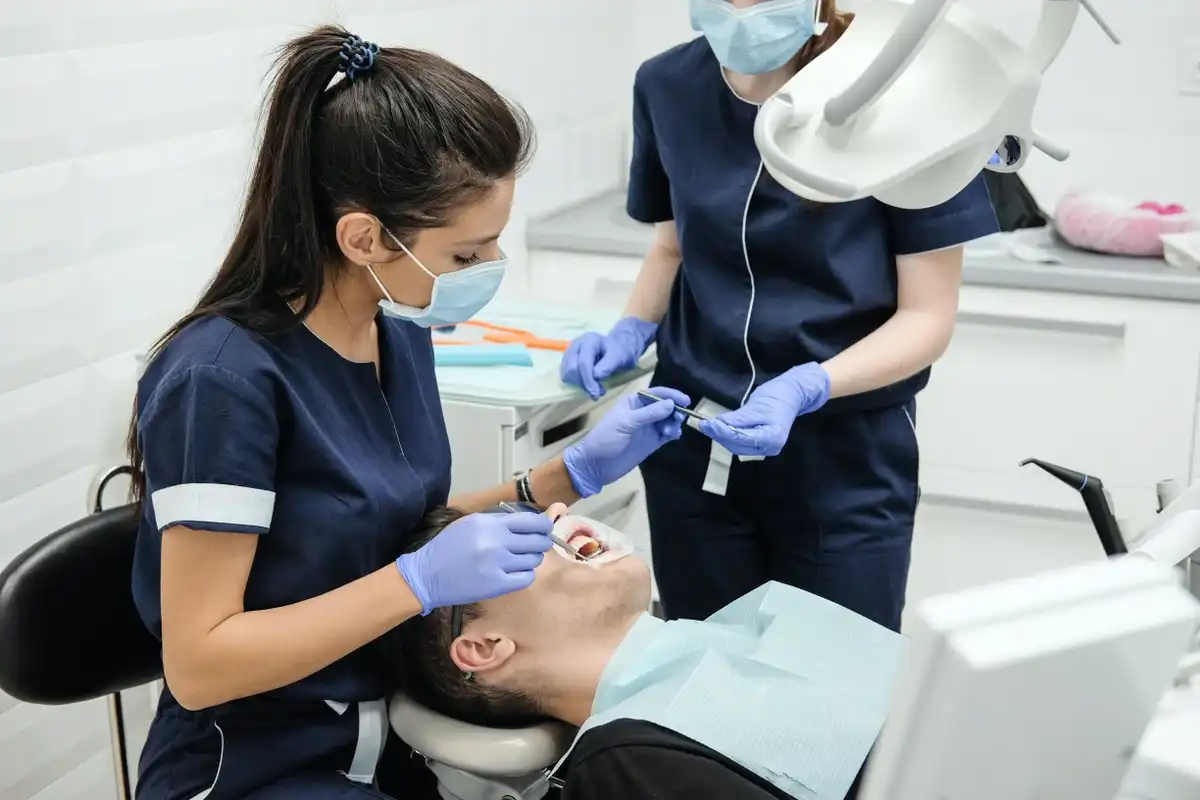
If there’s one thing that it takes for great teamwork in dentistry, it’s amazing dental staff communication. Not just between practitioners and patients, but also one another. The more effective and clear dental staff communicate with other members of the team, the happier your office will be overall.
Be Confident
As a new hygienist, it can be challenging—and scary—to be confident about your role in an office. But you’ve gone through rigorous training to get to this point, so it’s fine to feel perfectly confident in yourself. Let your dentist know what you see and recommend. When the gums are bleeding and there are 5mm pockets everywhere with moderate tartar, don’t ask the dentist “Should we maybe do a deep cleaning?” Rather, present the perio chart and X-rays during the exam, let them know that you informed the patient about their chronic gum condition, and discuss your recommendations based on your findings. Don’t doubt yourself!
How to Communicate with Your Dentist
Every office has its own protocols when it comes time for the hygienist to ask the dentist to pop in for an exam. Some offices have alert systems on their in-room computers. Others wear headsets. And one of the most popular, by far, is sticky notes! You can set one on the counter next to their tray, or just verbally tell them “I’m ready whenever you are!”
Here are some great ways to break down your findings to your dentist before they come in for an exam:
- Chairside chat: Talk to them directly in front of the patient.
- Put it in the computer: Write out lengthier notes in the patient’s chart.
- Write it on a sticky note: It’s fast and you won’t forget!
- Walk and talk: Fill them in while they’re on the way to your op
As a side note, remember it’s just as much about when you ask for an exam as it is communicating your findings. If you ask your dentist when they’re in the middle of curing a filling, it’s going to be a while. If your dentist is ok with coming in mid-prophy, consider it an opportunity to not run behind (as opposed to waiting on them once you’ve finished absolutely everything!) Don’t be discouraged if the dentist can’t get to you right away. Use your downtime to review oral hygiene education or discuss any concerns the patient has.
Unless your office has a policy, remember that everyone uses different communication styles. You may find it more effective to use sticky notes while another hygienist has the memory of an elephant and doesn’t need one. The most important thing is to just be efficient and effective. When you’re new to an office, shadow another hygienist one day to find out what they’re doing to see if it will work for you.
How to Improve Teamwork in Dentistry
At some point or another, all of us are going to disagree on something. Maybe it’s whether there’s decay in an occlusal pit or whether or not we need to put a patient on a 3-month recare schedule. But in order to have healthy teamwork in dentistry, we need to be willing to work on our perspectives, approach to communication, and directly communicate with the other people in our office.
If you find that you’re always disagreeing on a diagnosis are care plan, make it an opportunity for personal growth. Simply ask the dentist or other hygienist to help you understand their train of thought, so that you know where they’re coming from. As you share your own evidence and reasons why, they can then collaborate with you rather than everyone going away confused.
Know When it’s Not a Good Fit
Unfortunately, there are situations where dentists and hygienists or other staff are continually butting heads. Maybe you can’t ever get on the same page, or maybe you disagree with one another as far as practice procedures and policies (like when to perform an SRP). Unfortunately, not all dental offices are a good fit. Hygienists and dentists both have their own licenses to practice, reputations to uphold, and are stakeholders in their patients’ health. If they’re not on the same page—and it doesn’t look like you’re ever going to be—it may be better to find other people to work with.
Practice Makes Perfect
Teamwork in dentistry starts with great, open dental staff communication. Be friendly, yet confident, communicating your needs. As you and other staff listen to one another and find what works in your office, chances are that you’ll all start picking up a few tips from each other as the weeks, months, and years go by. You can start out by listening. Sometimes communication and “clicking” with other staff happens naturally. But other times it takes a little (or a lot of) practice.

Make your inbox smile!
Subscribe
